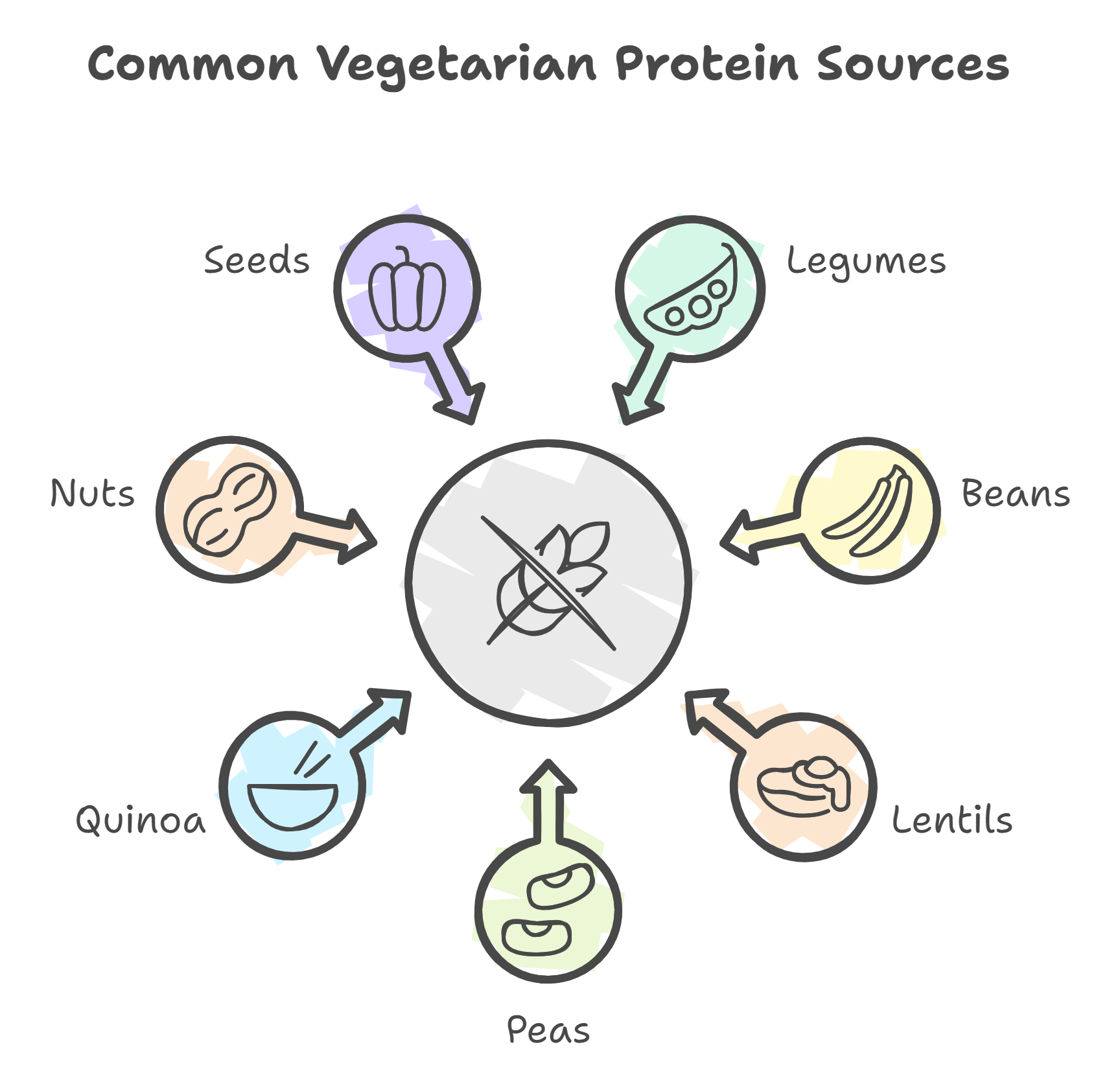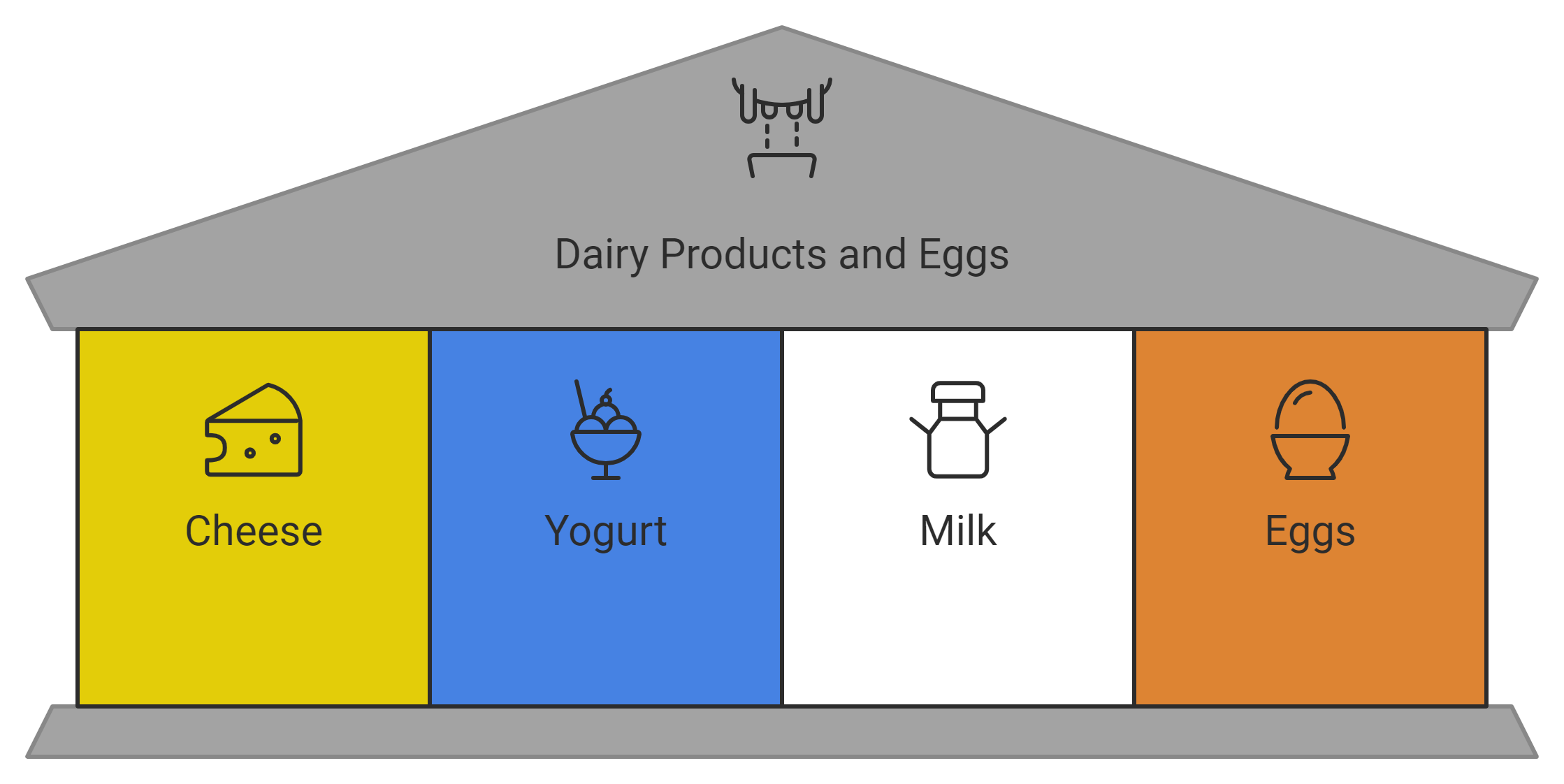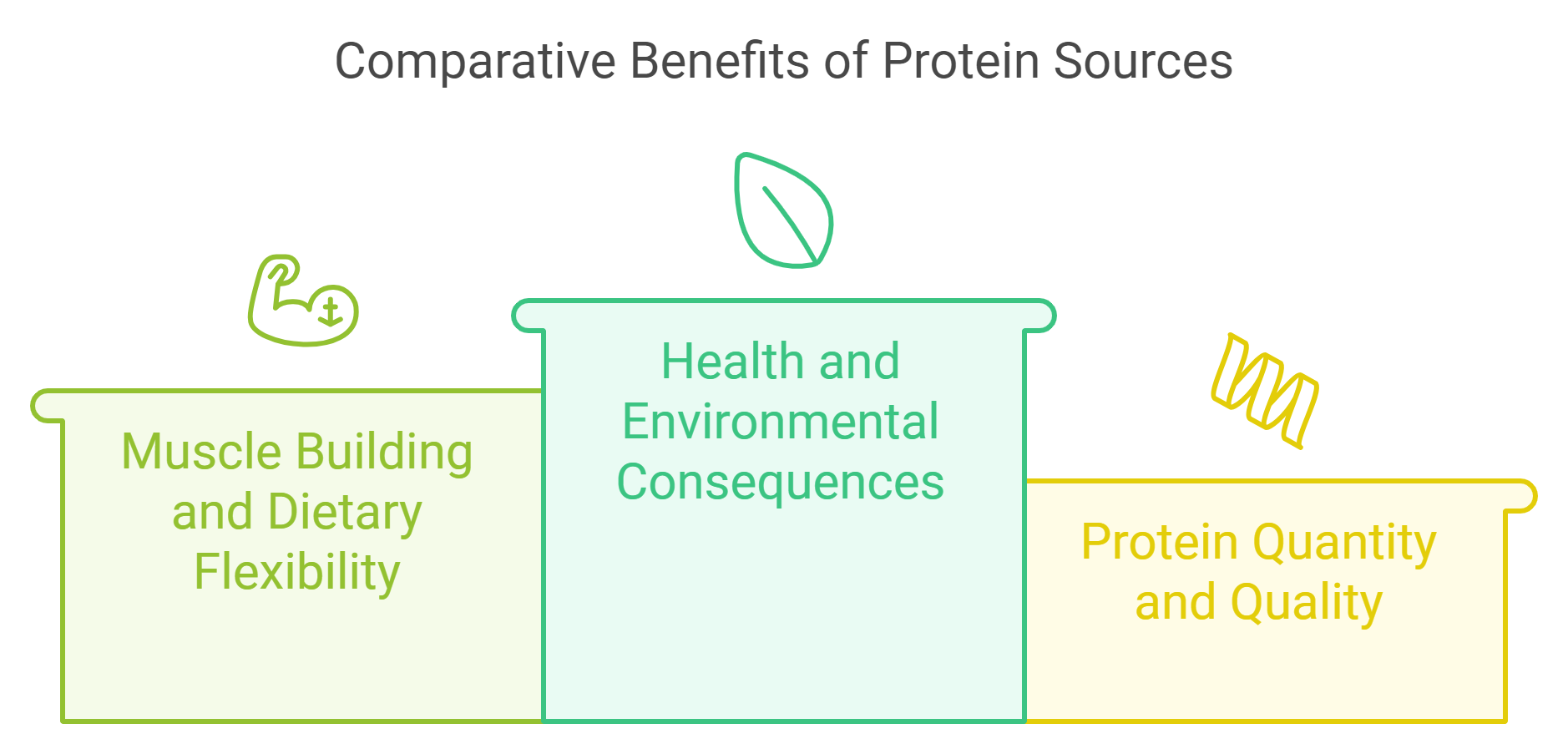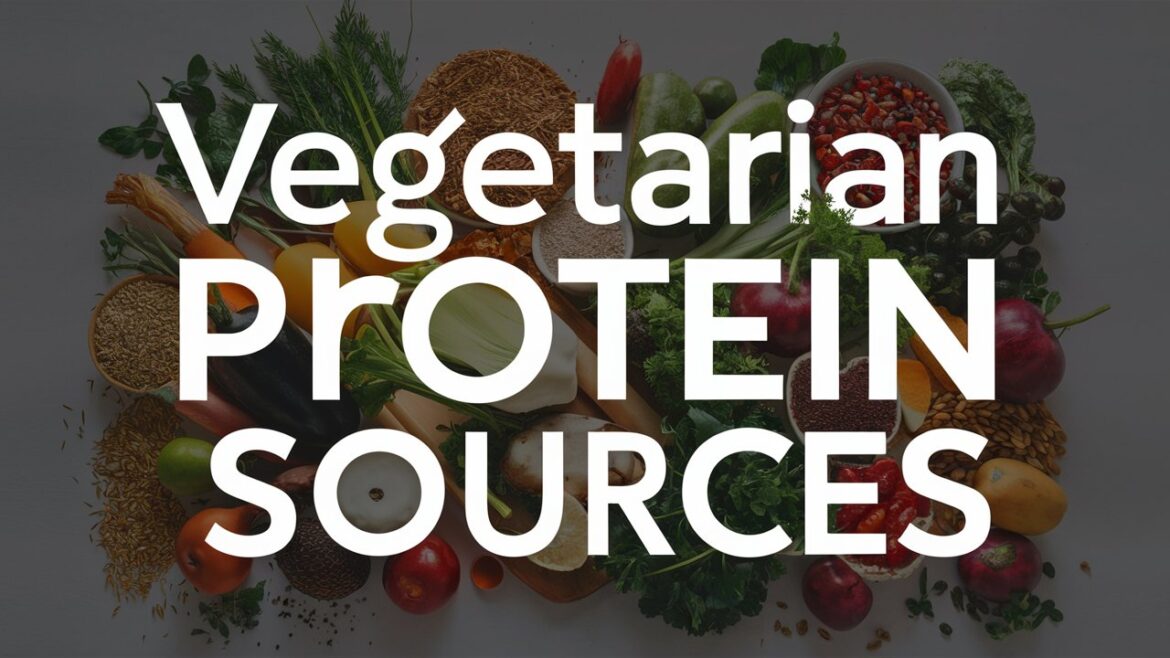Vegetarian Protein Sources
Meats have been left out while setting the required values of protein because vegetarian protein sources are discretionarily important. Source of these foods includes; beans and peas, nuts and seeds, soybeans and tofu, milk and cheese and eggs.
Likewise, they are also enriched with nutrients and health benevolent ingredients; thus, vegetarians can obtain a source of protein, muscle mass gaining, metabolism, and overall health.
Key points of Protein
Why Need of Proteins Important?
It is important for a human to take proteins in their diet since the roles of the proteins and nutrients are well known to the scientific community that deals with the formulation of human diets.
Consumption of proteins is always considered essential in preventing or even curing a specific ailment, or even in enhancing a person’s health status.
Effects of Protein Deficiency
Some of the complications that may be expected due to low protein intake are as follows; Indeed this issue cannot be overemphasised because it leads to the following; muscle weakness, attack by disease, illness, slow healing among those with wounds.
If people for example take foods that do not have a lot of protein for a long time, they develop diseases like kwashiorkor and marasmus which are the worst diseases of malnutrition that slow down growth.
Common Vegetarian Protein Sources
-
Legumes
These are beans, lentils, and peas. They are among the legumes that are nutritional and rich sources of protein and fibre.
-
Beans
Examples of the products are cranberry, blueberry and nuts.
-
Lentils
The pulses include; Pigeon peas, and sorts of beans, Red beans, Green beans and Brown lentils.
-
Peas
The positivity of soya bean, pea and chickpea seeds.
-
Quinoa
Protein foods Quinoa protein is slightly unique as it contains all the nine amino acids that are deemed essential. They are also used in the preservation of foods containing fibre, magnesium, and antioxidants hence clinically deemed to be good for the human body.
-
Nuts and Seeds
Vital Food Packets The nuts and seeds that are very important to man comprises proteins, oils, and vitamins. As this food product is muesli, it is most effective if incorporated into various meals of the day plus snacks in-between.
-
Nuts
Almonds are involved with walnuts and cashews.
-
Seeds
CHIA, flax and pumpkin are the three seeds that are important when it comes to the preparation of health enhancing foods.

Soy Products
Some of the soy products include Tofu, Tempeh and Edamame; these products are very nutritious and have protein content hence can be classified as health foods.
-
Tofu
For preparation of the soft recipes as well as for the rather firm ones.
-
Tempeh
Soybean food item which is made by fermentation and has nutritional elements that involve probiotic bacteria.
-
Edamame:
Soya beans that are normally consumed when green, and usually eaten as a nut or as a relish.
Dairy Products
Another instrumental category of traditional foods that are one of the richest sources of protein and alongside micronutrients such as calcium and vitamin-D includes Cheese, Yogurt, Milk.
-
Cheese
Such as cottage cheese and smooth cheddar, As mentioned, curds and whey coagulation is attributed to the action of enzymes that can be included in the group of proteases.
-
Yoghourt
Outline of skim yoghourt and cultured yoghourt.
-
Milk
Liquid milk including full cream milk and skimmed milk, pasteurised milk, 2% and full cream milk.
-
Eggs
High quality protein The lacto-vegetarians allow themselves to take eggs since these foods have features of high quality protein that comprises the complete list of amino acids. They also contain vitamins and minerals, which make them rather useful especially for vegetarians while, for instance, meat products are rich in cholesterol.

On The Differences in Animal and Plant Proteins
Protein Quantity and Protein quality
Plant based foods are generally inferior to those of animal foods Plant proteins are often incomplete; missing one or the other essential amino acid as found in animal proteins. However, the analysis of the amino acids can be possible when it is taken from the plant proteins contained in one composite food.
Health and Environmental Consequences
Plant proteins are believed to be far more friendly to the environment than animal derived proteins. It plays a role in heart health, reducing prospects of other illnesses and contributing to the theme of sustainability.
Muscle Building and Dietary Flexibility
As it will be observed, an individual can develop muscles regardless of the type of protein consumed – plant or animal. But, plant-based diets also have numerous other advantages, I will mention a few: This means increase in the portions of fiber and reduction in portions of saturated fats.

How to Calculate and Distribute Daily Protein Intake
Calculating Daily Needs
Protein needs are determined by age, sex, weight and activity level. As a general rule, to err on the side of caution use this general guideline: 0.8 grams protein per kilogram of body weight. Athletes and older adults have a greater need.
Distribute Protein Equally
- In the morning, you should have some protein-rich breakfast foods like Greek yoghurt or tofu scramble.
- You may want to power up your salads and soups with beans, lentils, or quinoa at lunch.
- Then, you can take soy products, nuts, and seeds during dinner.
Counting Protein Intake
One can track the intake of protein using food monitoring apps and labels on the nutrition to ensure that one hits the daily target.
As Needed Manipulate
Adjust sources of protein due to taste preference, allergies or certain health conditions. Seek guidance from a nutritionist, as necessary, for individual recommendations.
FAQs
How do vegetarians ensure that they are consuming complete proteins?
Vegetarians can consume a variety of plant proteins in combination with another source. For example, beans could be consumed with rice, or hummus and whole grain bread.
What plant-based foods are good for building muscle?
Lentils, chickpeas, quinoa, and soy products are amongst some of the best and highest sources for muscle growth.
Does a vegetarian protein intake increase metabolism?
Yes, since protein raises metabolism through enhanced thermogenesis from food and enhanced muscular mass utilising more calories while resting.
What vegetarian protein sources are recommended for ageing adults?
These include dairy, eggs, lentils, and soy products to help older adults maintain muscle mass and general health status.
How about vegetarian diets on cardiovascular health?
Enough plant-based vegetarian diets do a great job at cutting the risk of heart disease by reducing both cholesterol and blood pressure.
What shall one eat to get a vegetarian’s immune system up?
This should, of course, be balanced with a plethora of fruits and vegetables that are densely packed with vitamins and antioxidants.
Are there any risks associated with a high protein vegetarian diet?
While intrinsically a safe diet, it would be offset by excess intake of another type of nutrient—be it carbohydrates or fats.
How do I get 120g of protein a day as a vegetarian?
Example meal plan
- Breakfast: Greek yoghurt with chia seeds, 20g
- Lunch: Lentil soup with quinoa, 30g
- Snack: Almonds and protein bar, 15g
- Dinner: Tofu stir-fry with vegetables, 25g
- Evening snack: Cottage cheese, 10g
Which Dal has the highest content of proteins?
Black gram and chickpeas come under the highest protein dals.
Which fruit has maximum protein content?
While the amount of proteins in any fruit is not remarkable; guavas and bananas still have more as compared to other fruits.
Conclusion
Some vegetarian sources are richly packed with important health and other body vitality elements. With good intake of legumes, nuts, seeds, soy products, milk products, and eggs in one’s diet, this is sufficient for providing the needed proteins in a vegetarian’s body.
Following now is a general view with some practical insights into how one may choose and balance protein-rich foods to reach optimal health.

